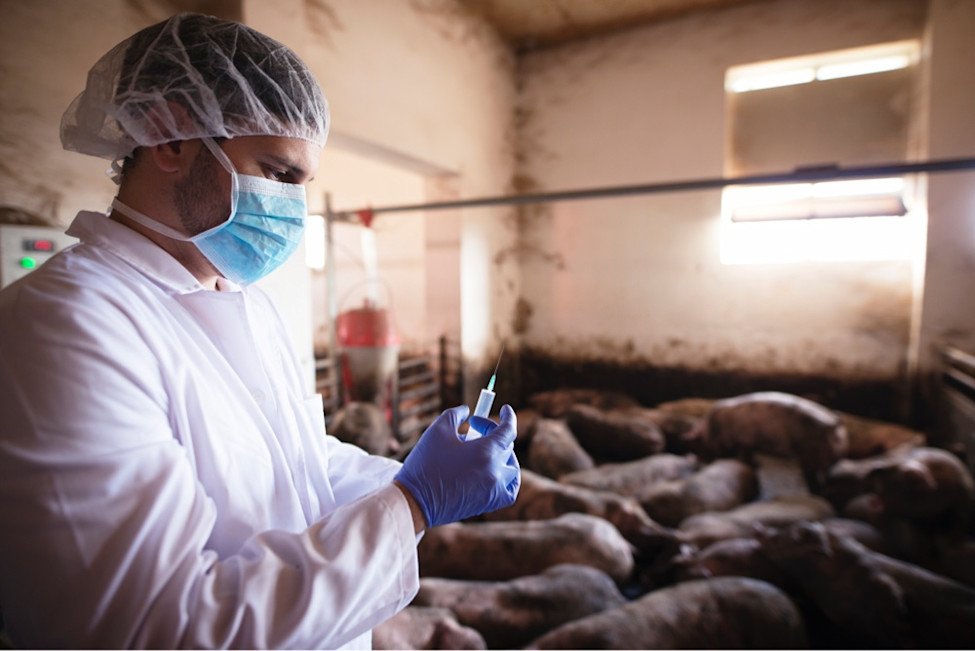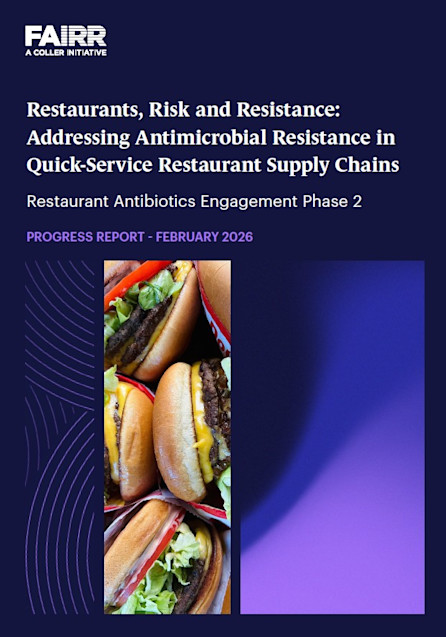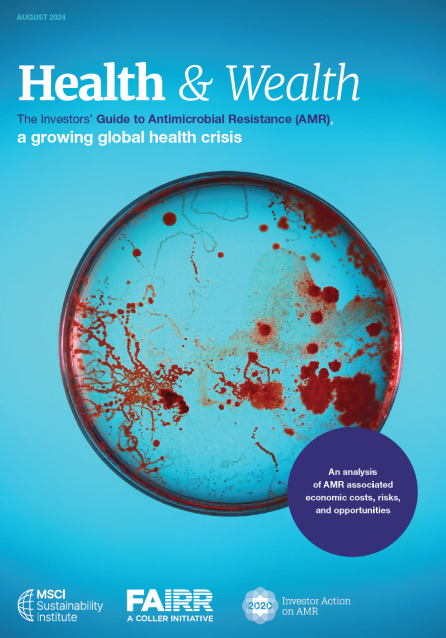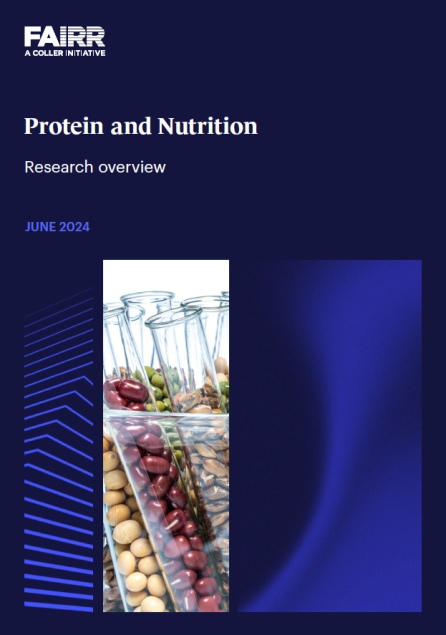
Restaurant Antibiotics Engagement
Engagement Overview
Between now and 2050, antimicrobial resistance (AMR) could result in an additional 39 million deaths and a 3.8% global decline in annual GDP, presenting a substantial threat to global health and economic stability. Mitigating AMR risk will require a comprehensive approach, addressing the misuse and overuse of antimicrobials across humans, animals and the environment. Approximately two-thirds of antibiotics sold are used in animal agriculture, highlighting the importance of reducing inappropriate antimicrobial use in this sector.
As large purchasers of animal protein, quick-service restaurants (QSRs) are well-positioned to promote responsible antibiotic use practices at the farm level.
This engagement aims to encourage the adoption and implementation of robust company-wide antibiotic policies in the supply chains of six key animal proteins sourced by major North American QSRs.
Any such policies would aim to reduce the use of medically important antibiotics over time, in alignment with guidelines from the World Health Organization.
The Restaurant Antibiotics Engagement asks companies to:
(i) demonstrate sufficient rigour and scope of existing policies in alignment with WHO recommendations;
(ii) develop antibiotic policies to cover all key proteins across global supply chains; and
(iii) provide evidence of implementation through target setting and auditing.

Selected Companies
This engagement focuses on 12 of the largest North American QSR companies, all of which operate internationally.
Material Risks
AMR is a systemic risk to which almost 10% of global equity markets, particularly in developed markets, are estimated to be exposed. By 2035, resistant infections could lower workforce participation and productivity, leading to losses of US$443 billion per year.
The large volumes of antimicrobials used in animal agriculture make it a driver of AMR and highly vulnerable to its impacts, and companies operating in the animal protein value chain, from protein producers to suppliers, caterers and restaurants, are therefore exposed to financial risk from resistant infections.
AMR-related risks include supply chain volatility, production losses and increased costs, changes in consumer demand, reputational risk and transition risk linked to regulatory change.

Investors Signed On
Phase 2 of the engagement is now closed for sign-on and was supported by 43 investors, representing US$8.9 trillion in combined assets.



